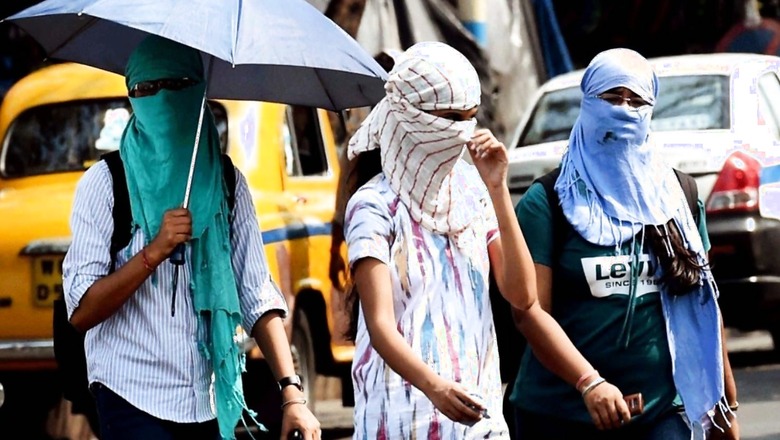
views
With the coronavirus pandemic making ‘work from home’ model the norm in most corporate companies and other sectors, another phenomenon will likely topple the way we work. A new study published in an academic journal Nature Communications says that rising temperatures in the day might force people to reconsider the wide-prevailing 9 to 5 work day and shift work to cooler parts of the day – either in the evening or early in the morning.
India already loses around 101 billion hours a year on account of heat, the most in the world, and risks seeing this number rise to 230 billion hours a year when global warming reaches 2 degrees C over pre-industrial levels, the paper published in Nature on December 14 said.
Rising temperatures will affect people’s ability to work across domains – from the service industry, manufacturing industry, and others such as agriculture, forestry, fisheries, and construction industries. The present study, however, focused specifically on the impact of rising temperatures on “heavy” labour, which would be affected the most since a significant amount of it involves spending time outdoors, away from air-conditioned chambers.
Moreover, heat exposure is linked to multiple health impacts, including premature death; workplace injuries; morbidity from heat-related illness; and acute kidney damage.
Large population-weighted labour losses driven by a combination of a huge working-age populations, seasonal heat exposure, and large fractions of population working in agriculture and construction have also been recorded in countries such as Pakistan, Bangladesh, and China.
“When we overlay per-capita labour losses on the working-age population in heavy outdoor labour, we find that countries with large populations in South and East Asia experience the most work hours lost, both in the coolest hours and in the full workday, with India showing the largest heat exposure impacts on heavy labour (>101 billion hours lost/year), despite its modest average per-capita labour losses (162 lost hours a year),” the paper said.
Luke Parsons, a climate researcher at Duke’s Nicholas School of the Environment, who co-led the study, noted that many workers in the tropics are already stopping work in the afternoon because it’s too hot. “Luckily, about 30% of this lost labour can still be recovered by moving it to the early morning. But with each additional degree of global warming, workers’ ability to adapt this way will swiftly decrease as even the coolest hours of the day quickly become too hot for continuous outdoor labour,” he said.
To adapt to the impacts of climate change, changing working hours, creating infrastructure facilities at farm level to rest during peak day, and creating knowledge and skills when people succumb to heat stress must be introduced, as per G V Ramanjaneyulu, executive director, Centre for Sustainable Agriculture, Hyderabad, quoted by Hindustan Times.
Read all the Latest India News here



















Comments
0 comment